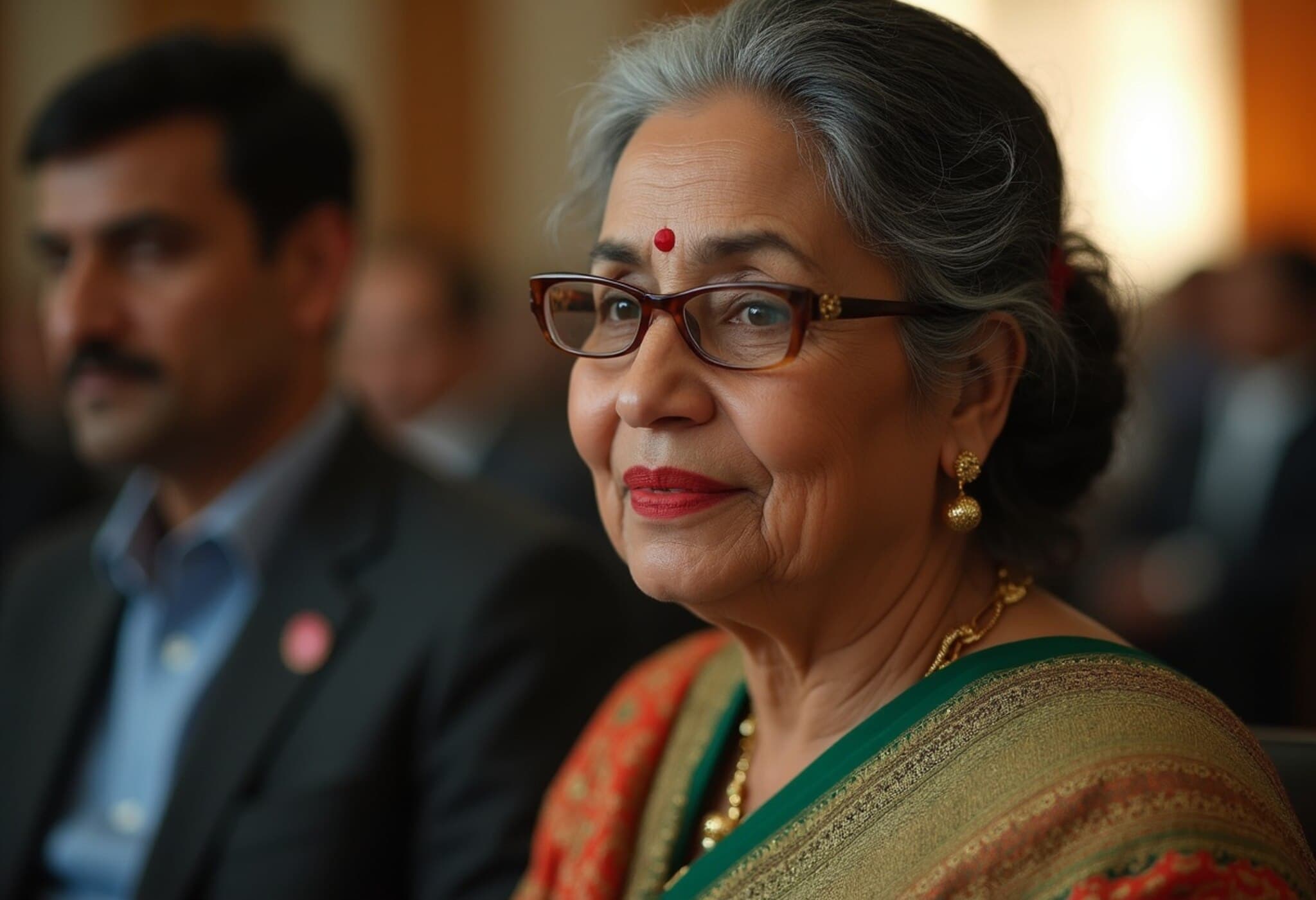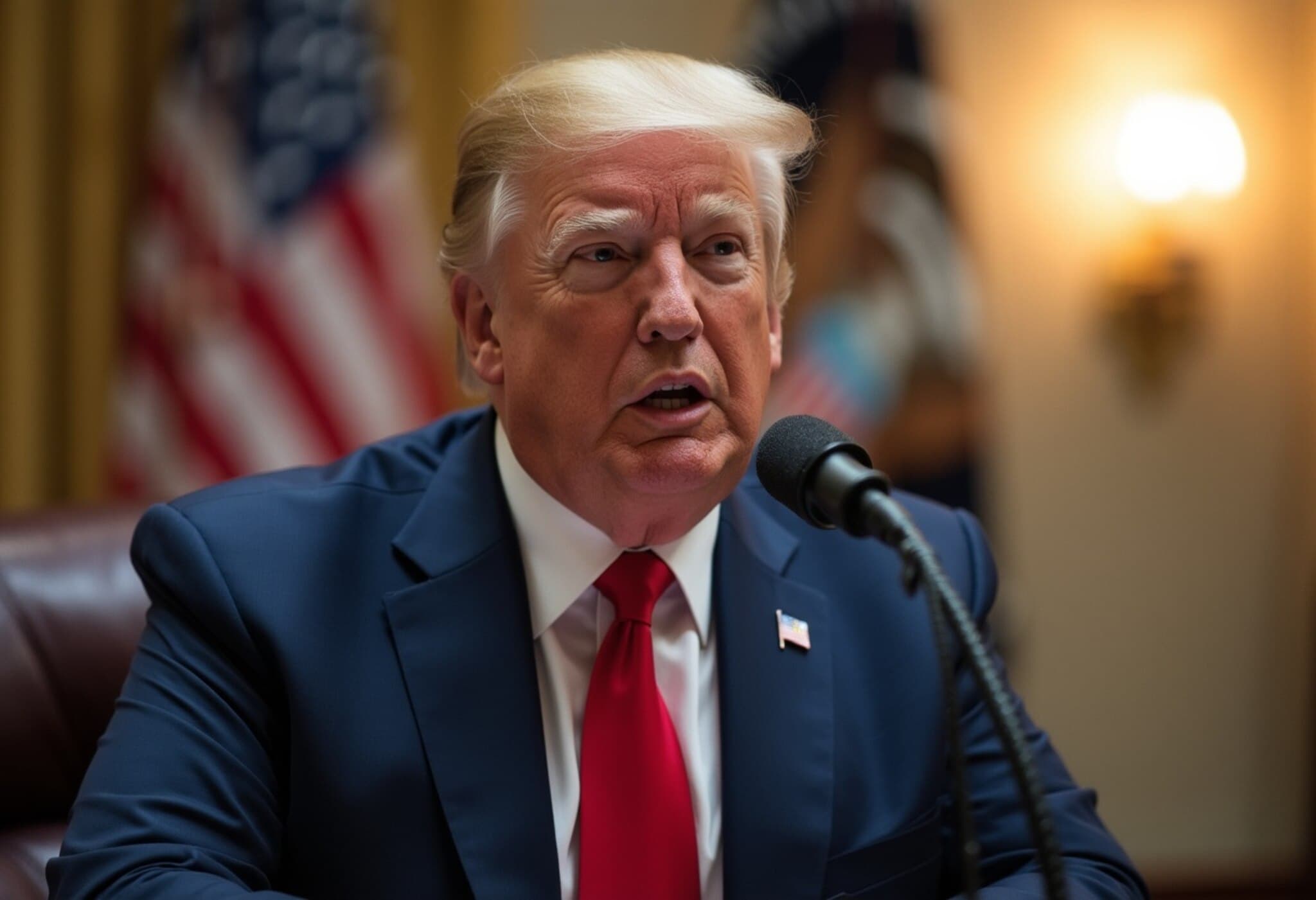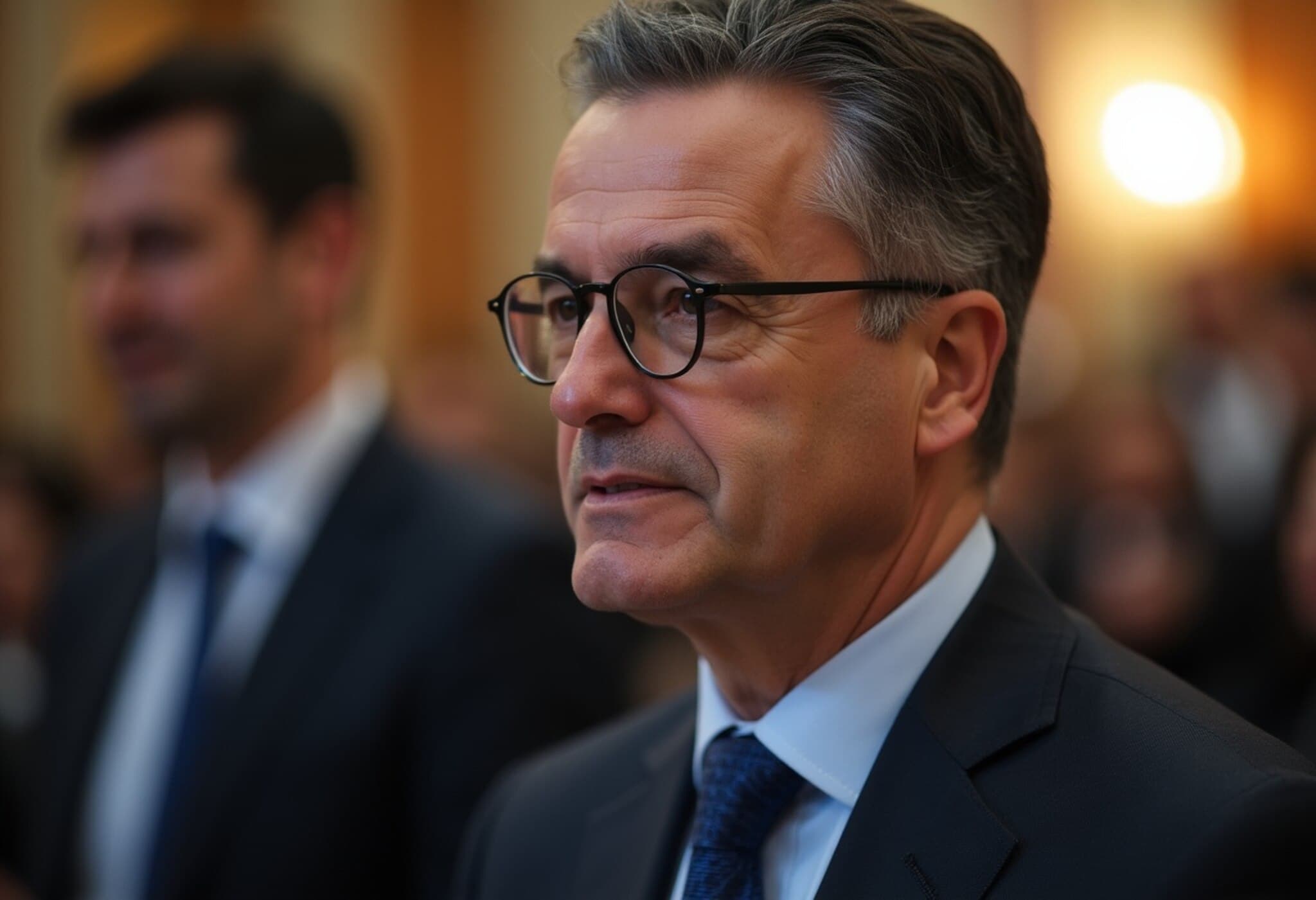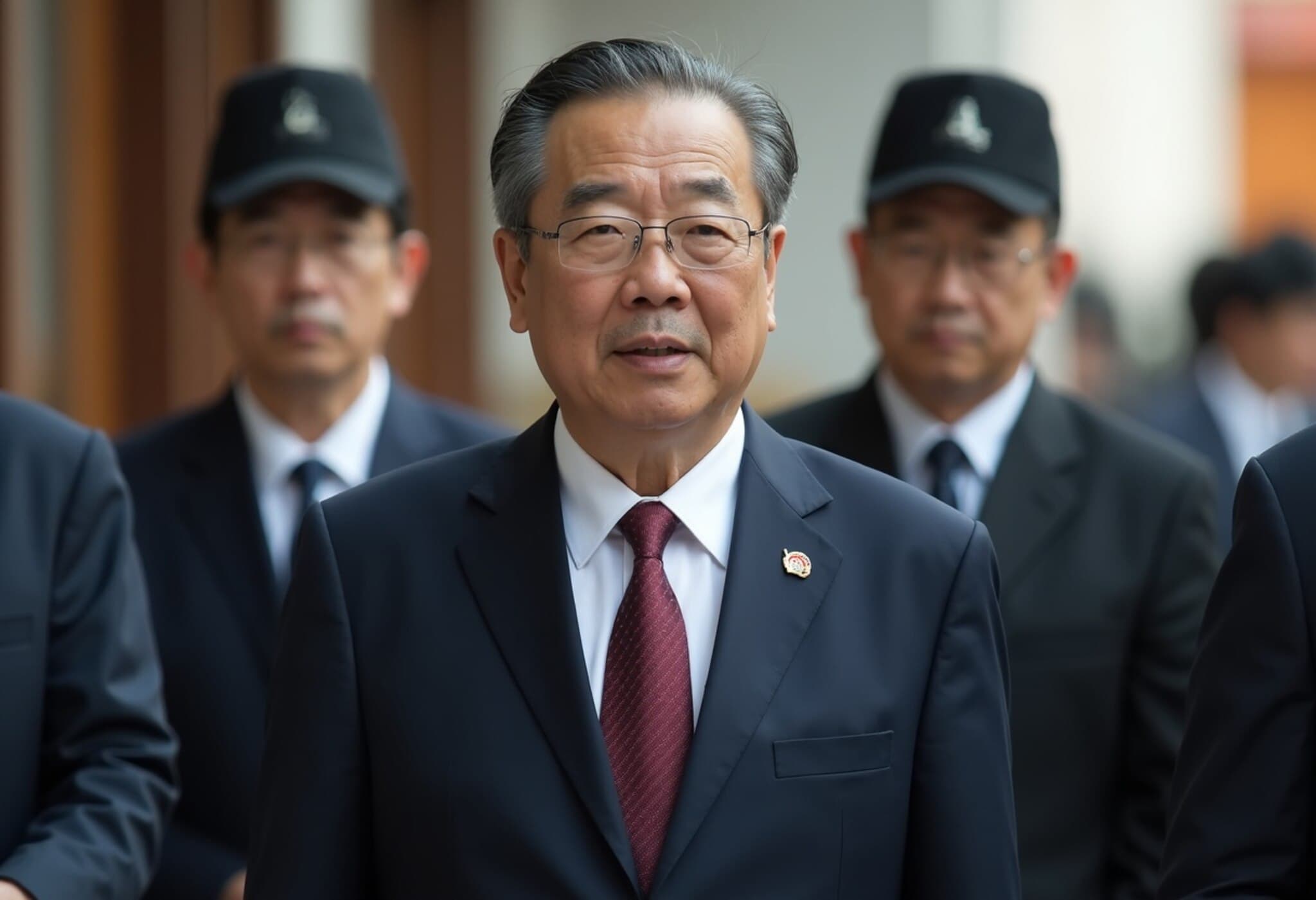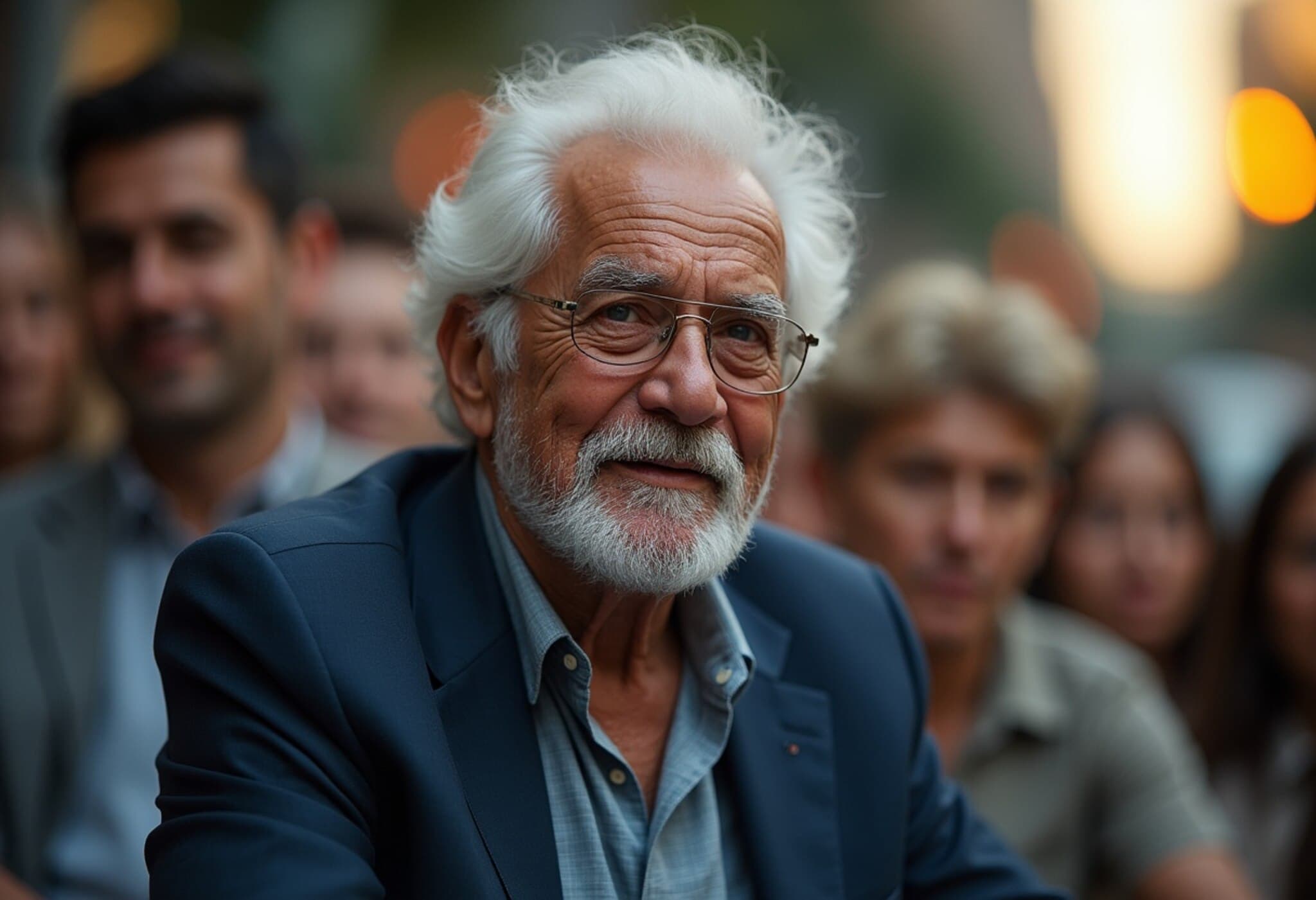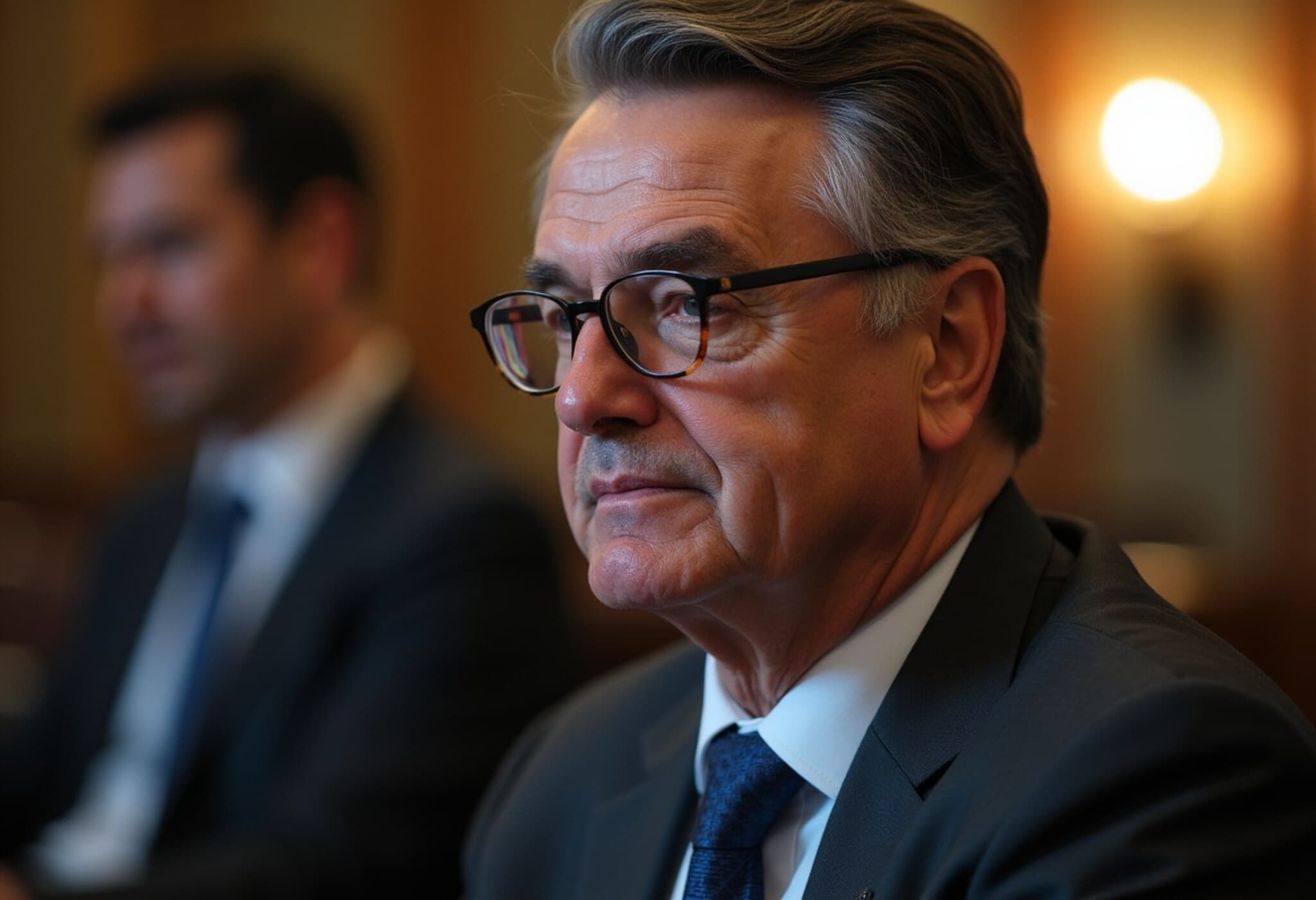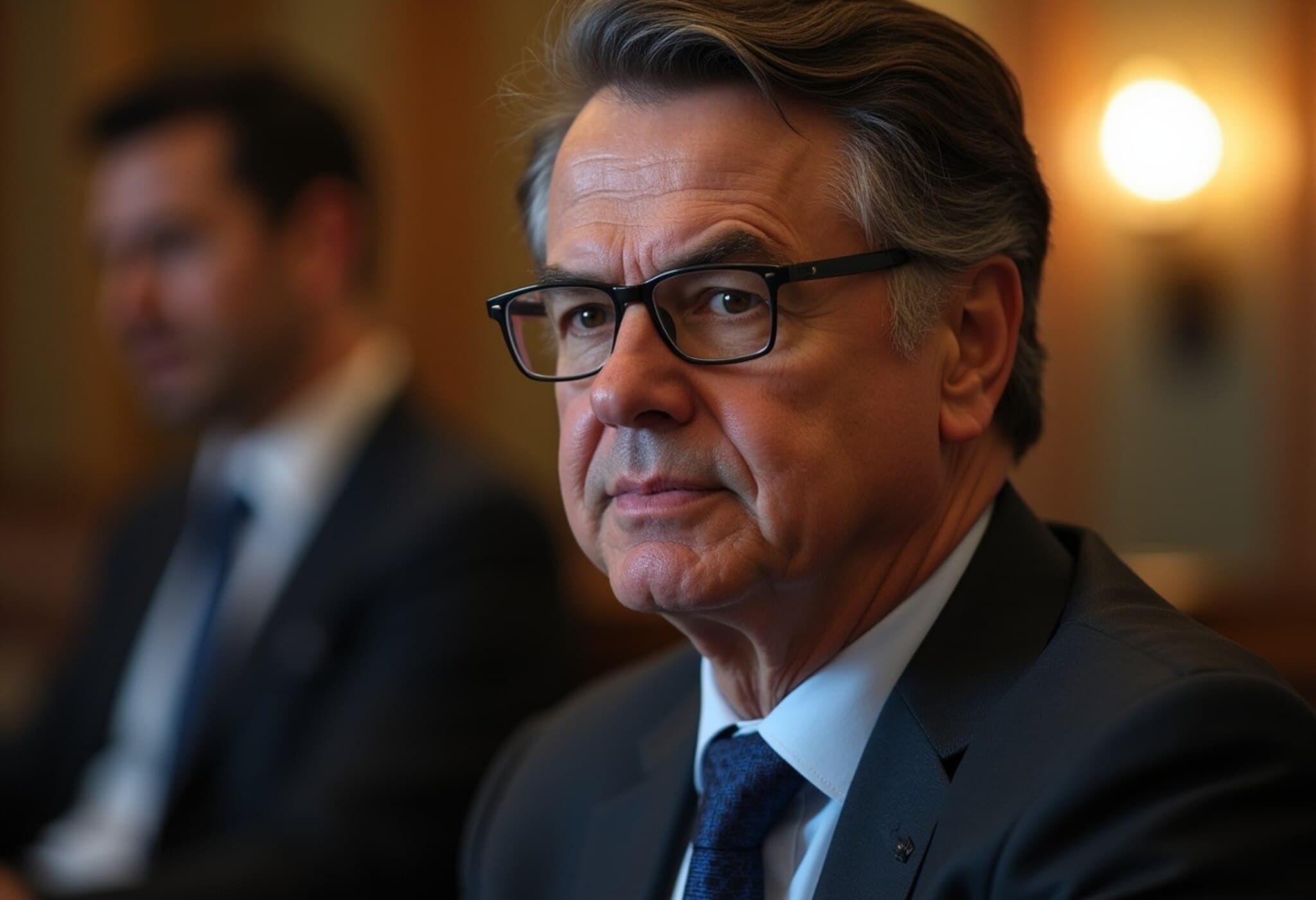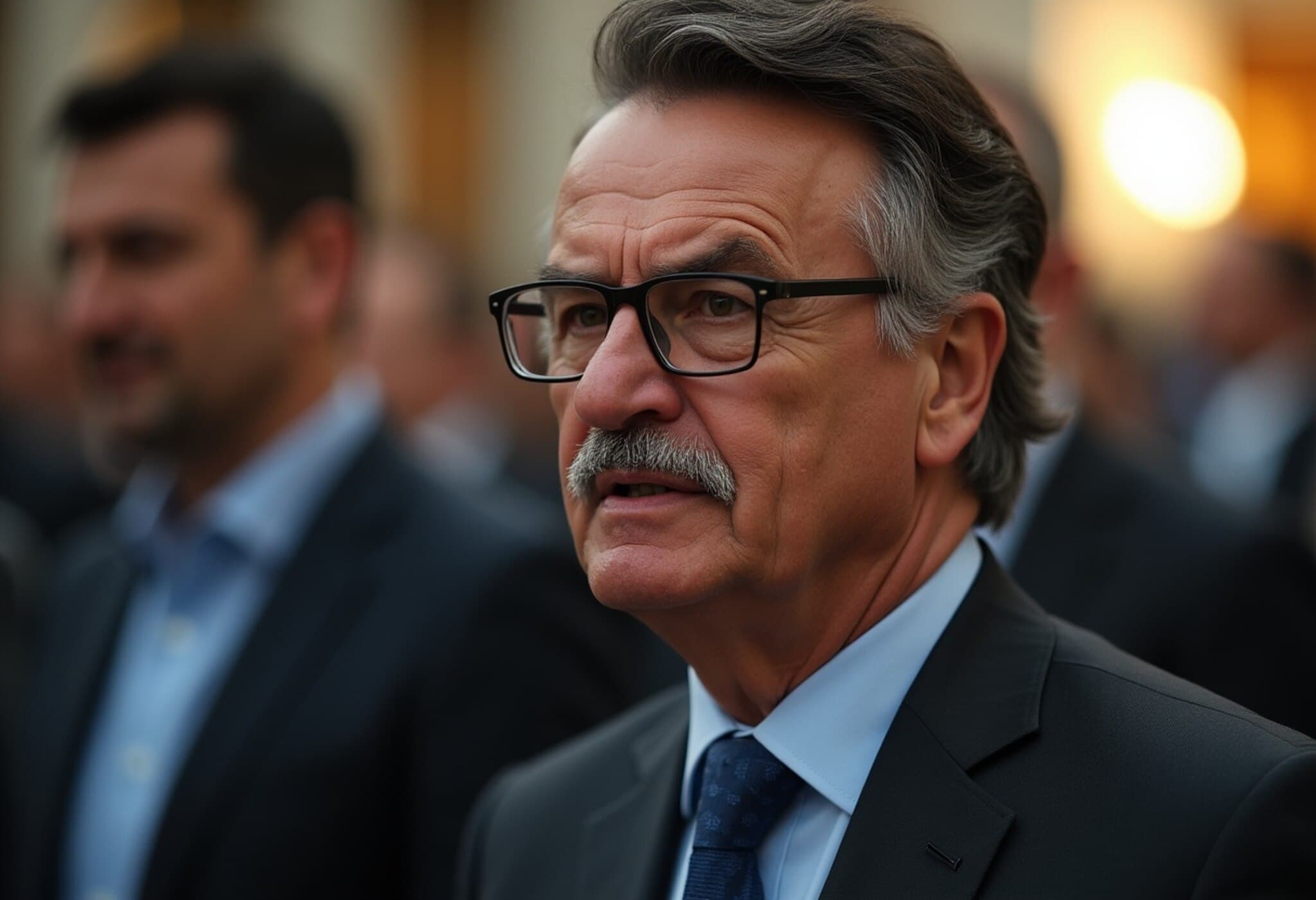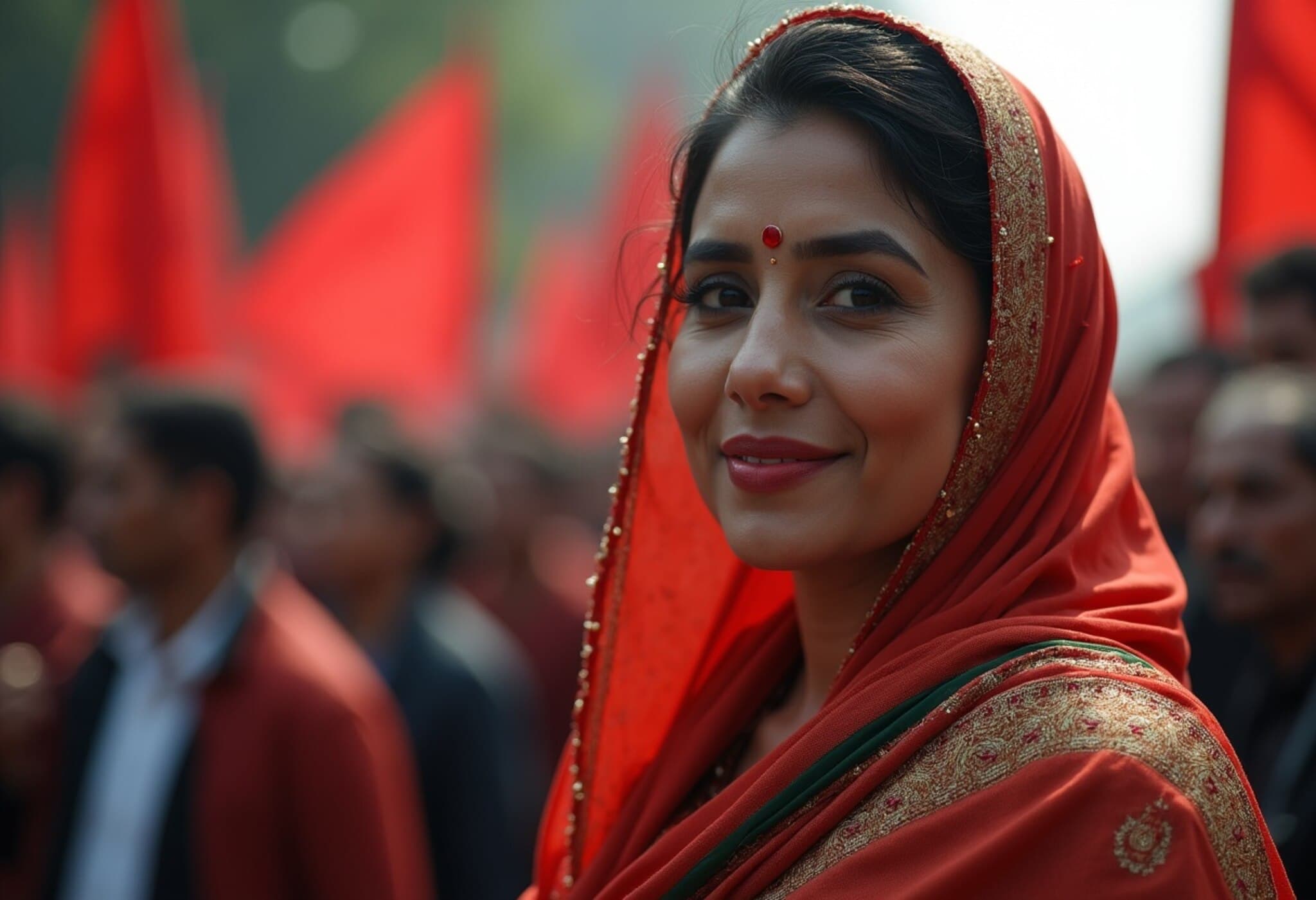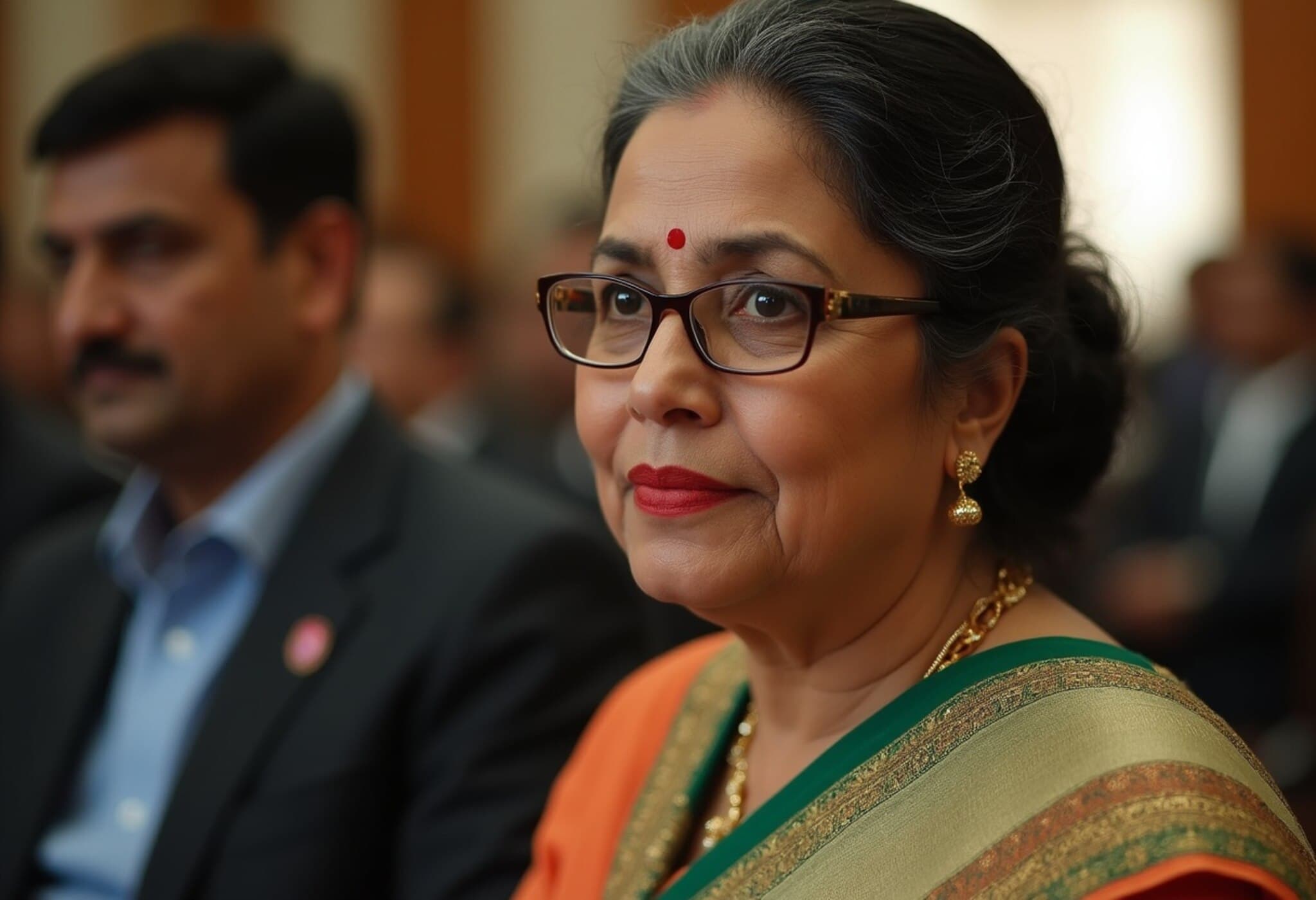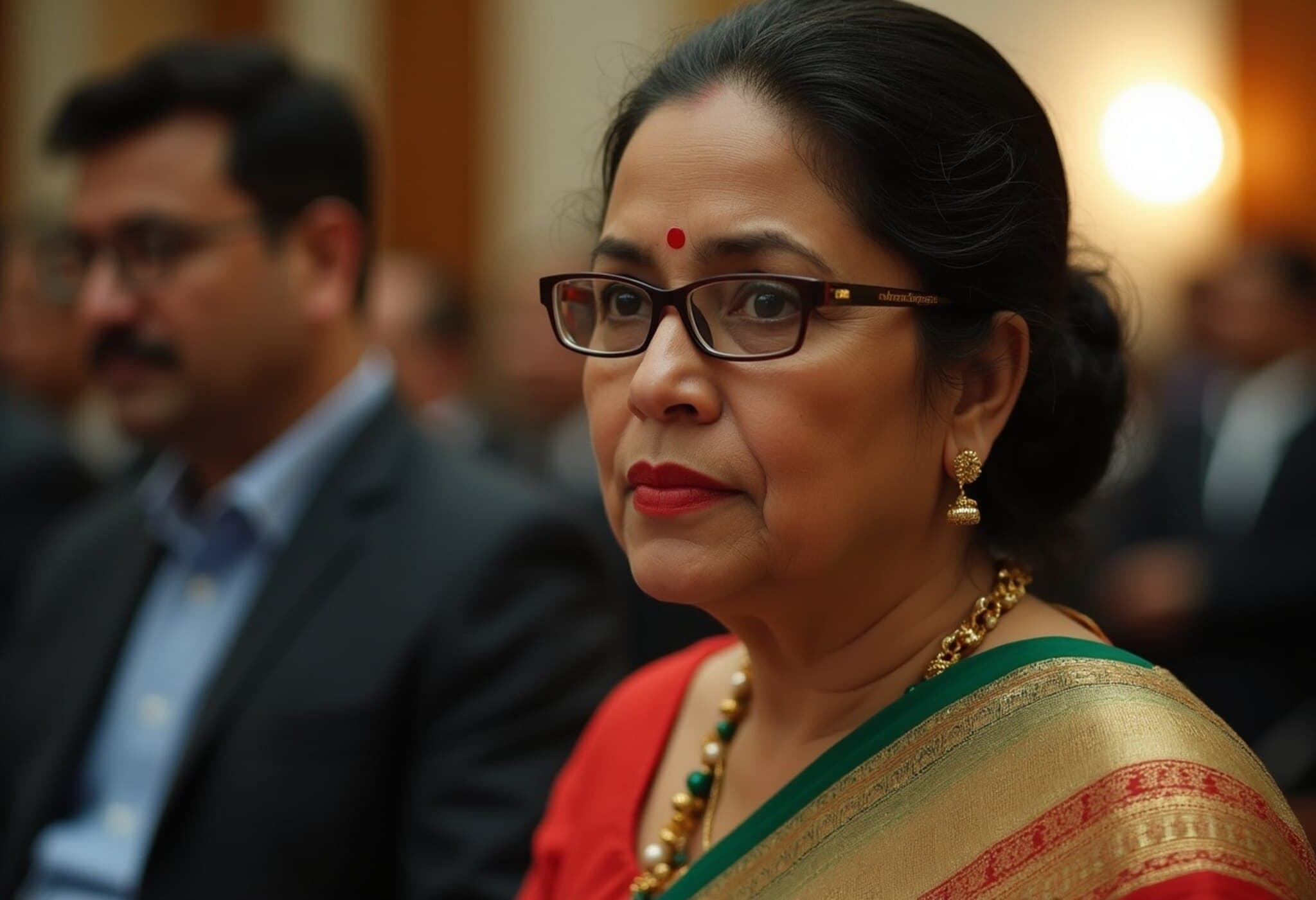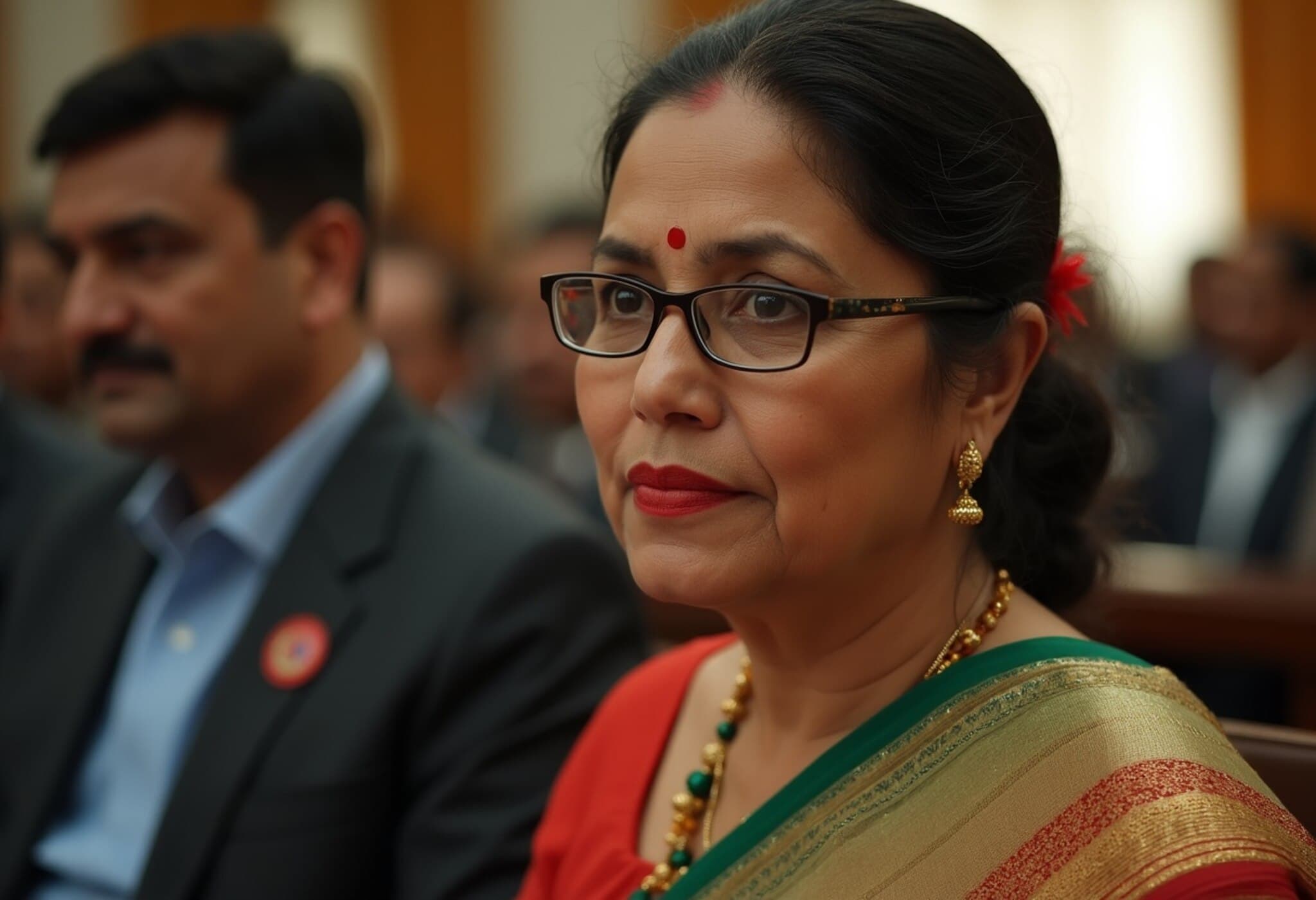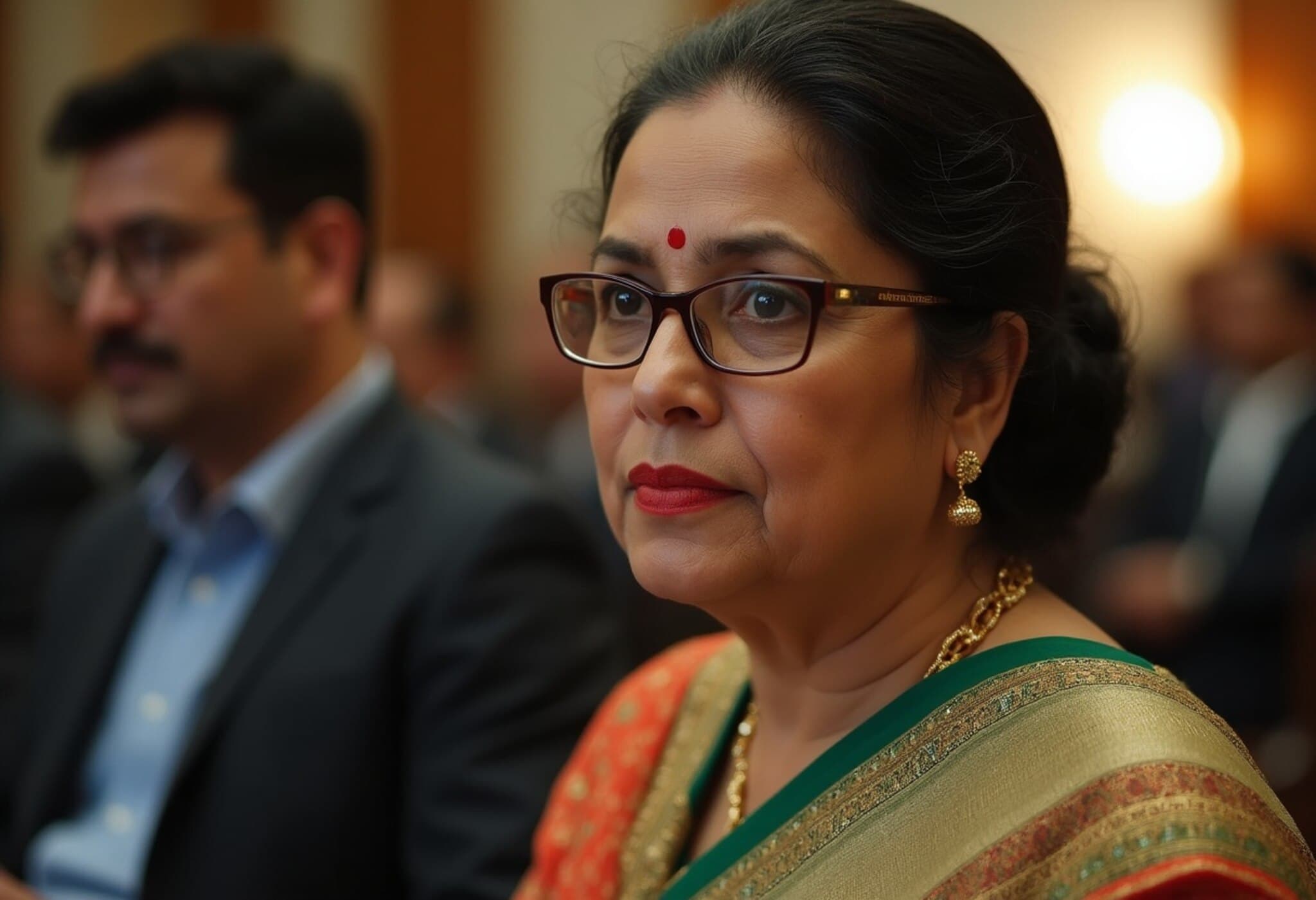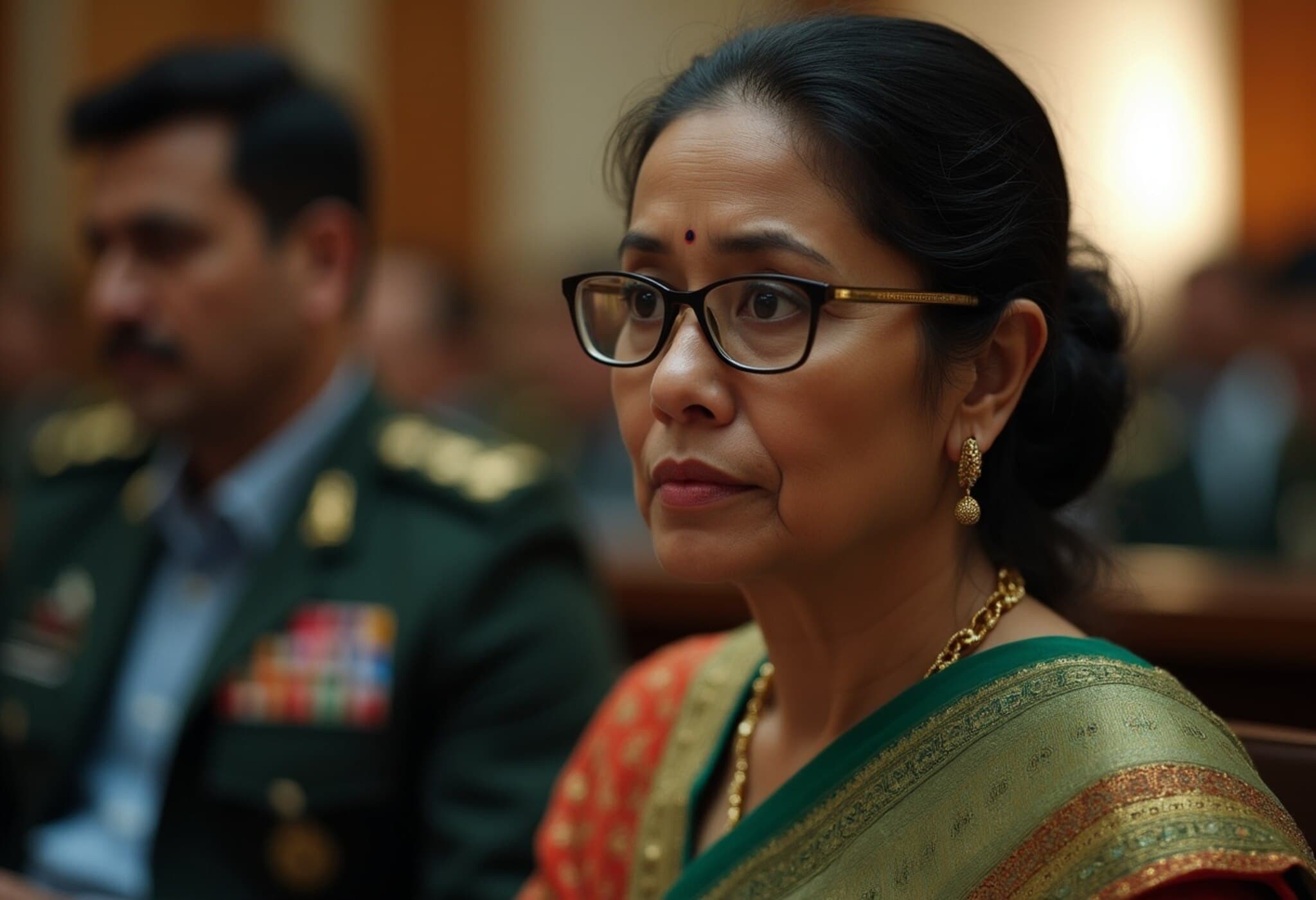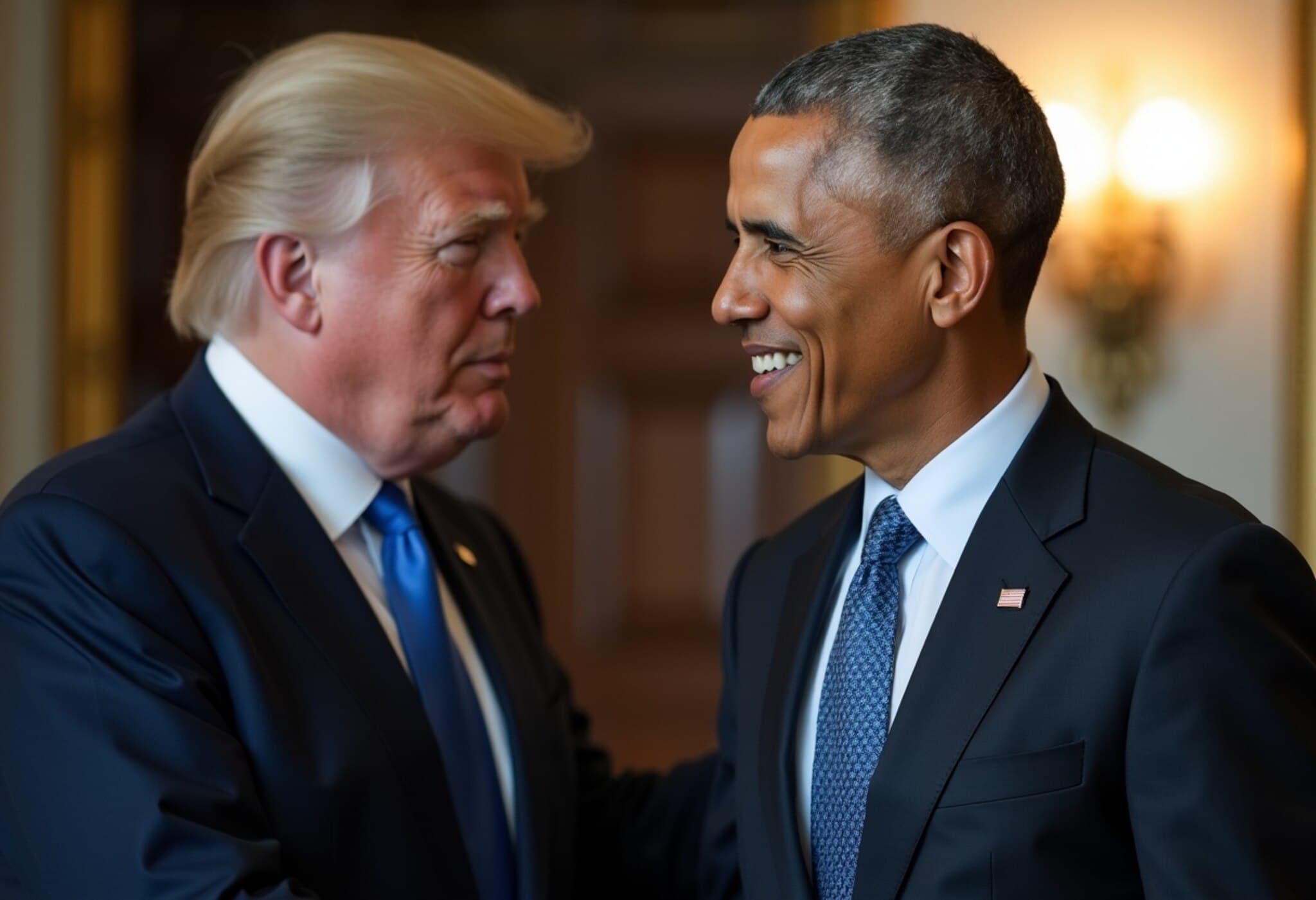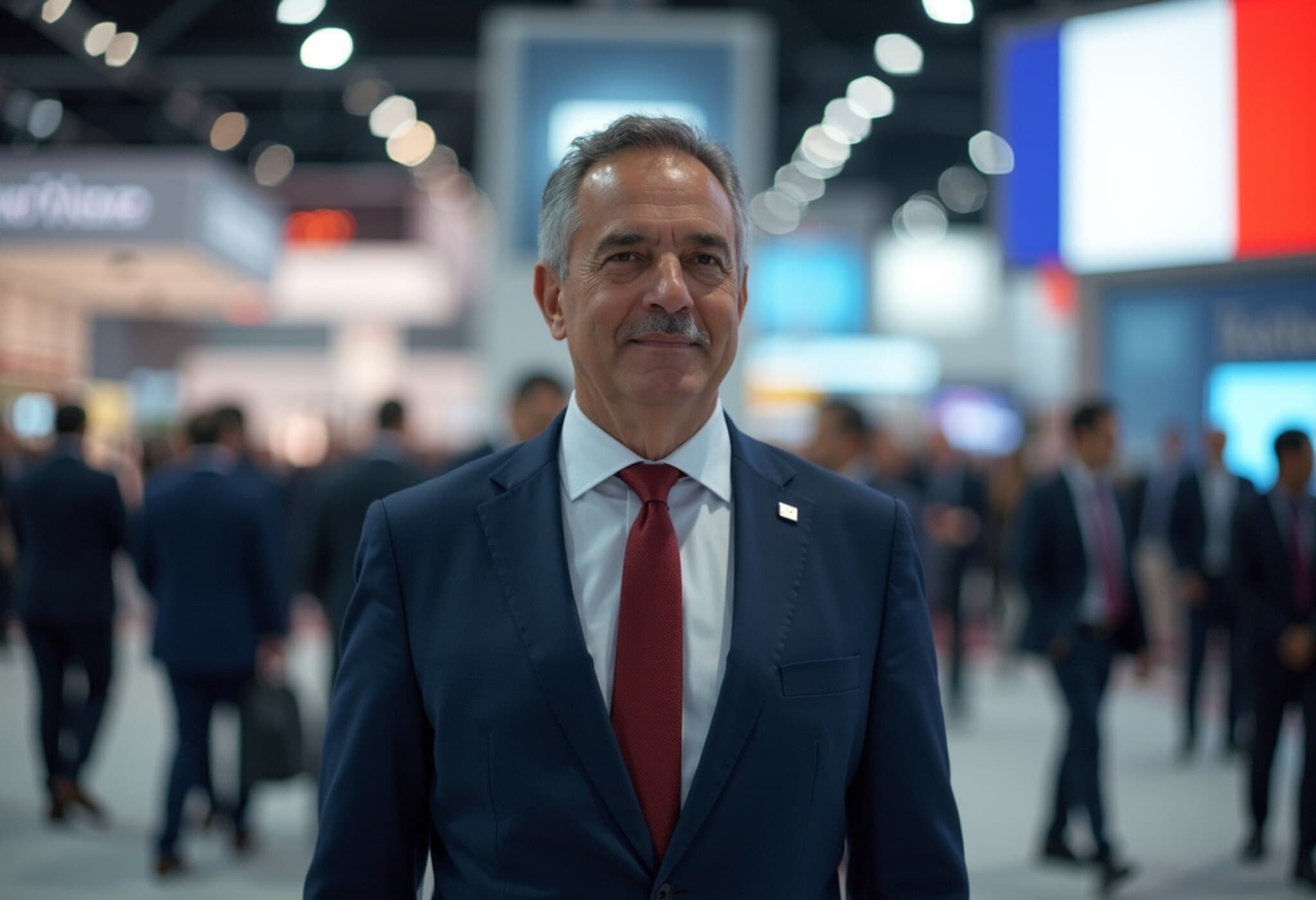Bangladesh Demands Return of Sheikh Hasina for Trial on War Crimes
Bangladesh's International Crimes Tribunal has formally directed fugitive former leader Sheikh Hasina to return to the country and face trial on multiple charges considered crimes against humanity. The move comes after Hasina fled to India in August 2024 amid escalating protests against her government.
The Context Behind the Trial
Hasina, aged 77, was forced to leave Dhaka by helicopter during a widespread student-led uprising protesting the government's harsh crackdown. According to reports from the United Nations, the government's efforts to suppress dissent resulted in the deaths of approximately 1,400 people between July and August 2024.
Charges Filed Against Hasina and Associates
The prosecution has filed five significant charges against Hasina including abetment, incitement, complicity, facilitation, conspiracy, and failure to prevent mass atrocities. These charges collectively amount to crimes against humanity under Bangladeshi law.
Chief prosecutor Muhammad Tajul Islam announced that the court has instructed the prosecution to promptly issue a summons for Hasina to appear. Should she fail to return, the trial is scheduled to proceed on June 24, 2025, in her absence.
Co-defendants and Political Implications
Alongside Hasina, two other former government officials are also on trial. One is former interior minister Asaduzzaman Khan Kamal, who is currently a fugitive facing comparable charges. The other, ex-police chief Chowdhury Abdullah Al Mamun, remains in custody and appeared in court on Monday.
The prosecution contends that Hasina directed security forces — through official channels in the interior ministry and police — to brutally suppress the protests and maintain her regime's grip on power.
Broader Political Landscape and Upcoming Elections
The trial of prominent figures connected to Hasina’s now-banned Awami League party is a central demand of competing political factions striving for influence. The interim government has slated parliamentary elections for April 2026, though some parties advocate for an earlier vote to restore democratic normalcy.
As the nation prepares for the elections, the outcome of this high-profile trial could significantly shape Bangladesh’s political future.

